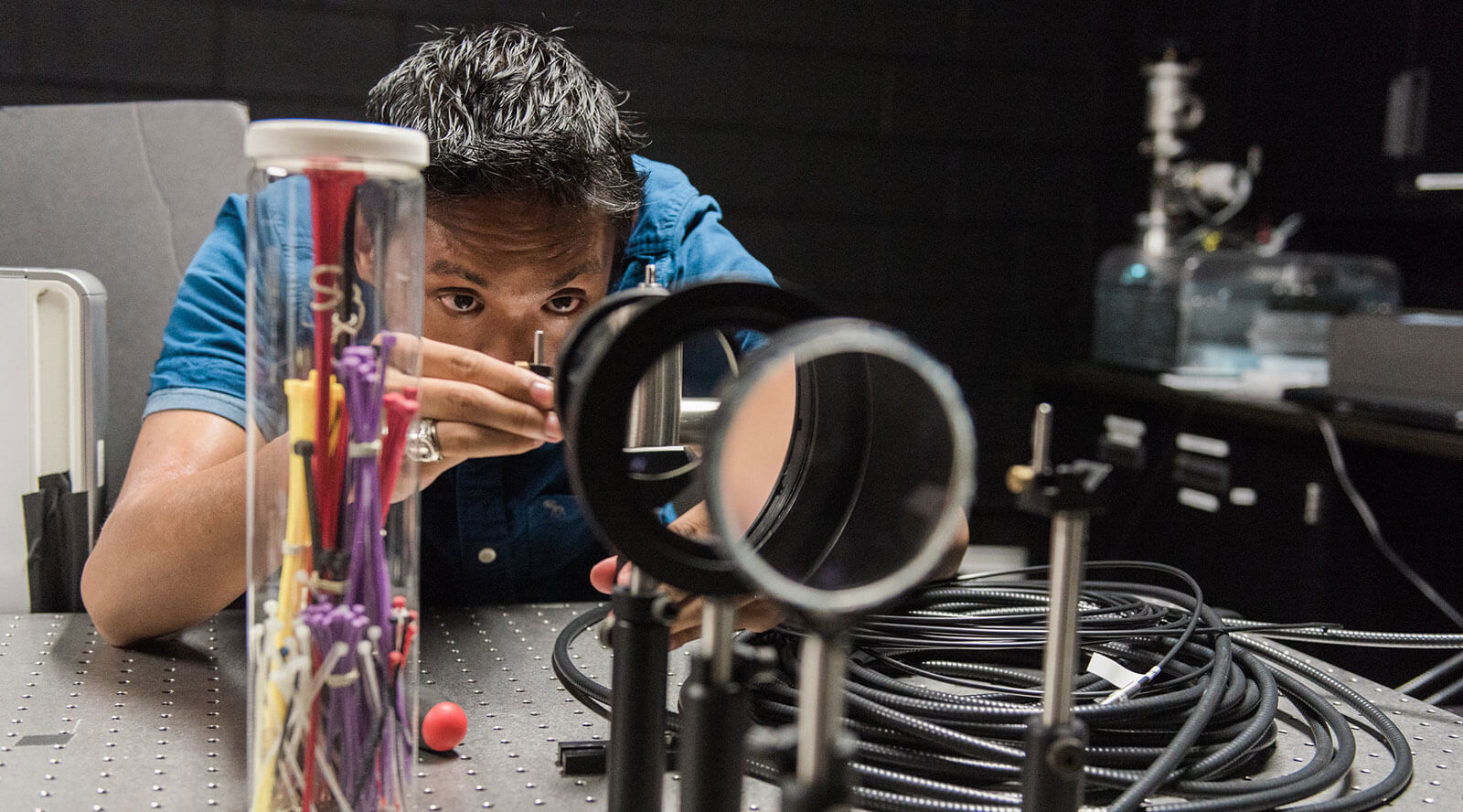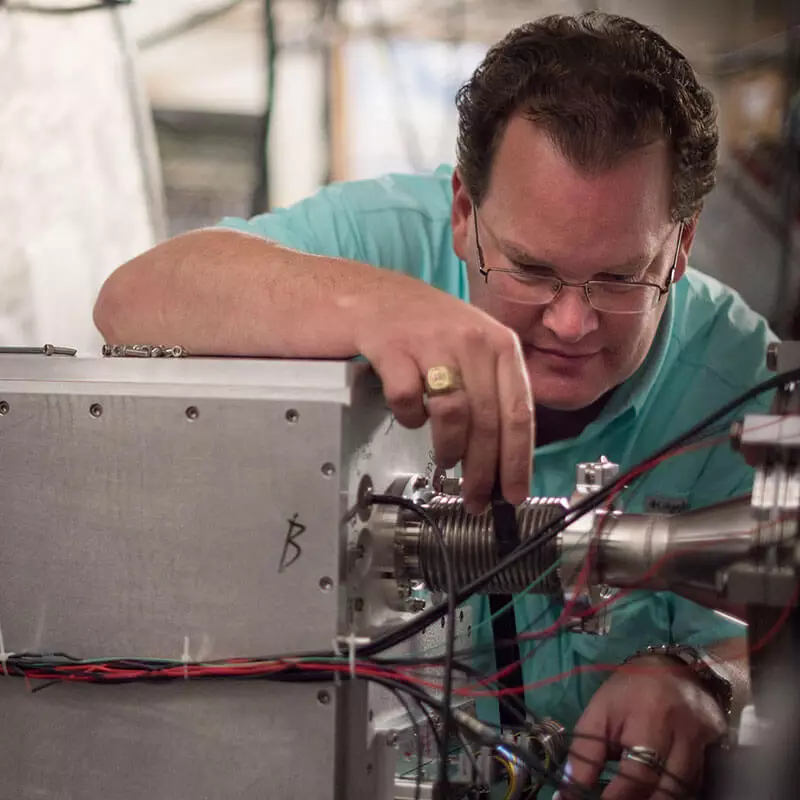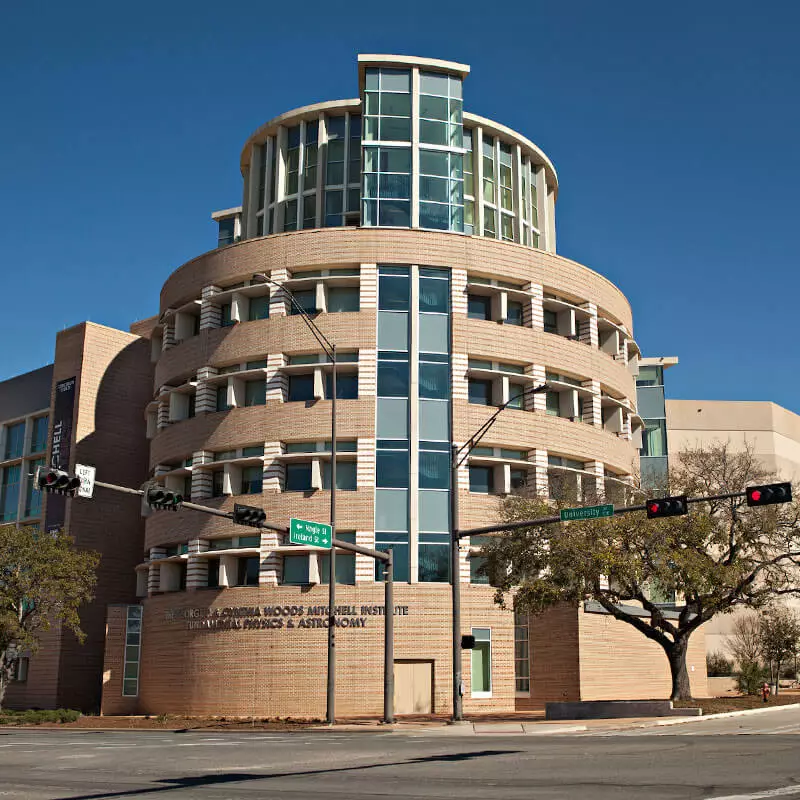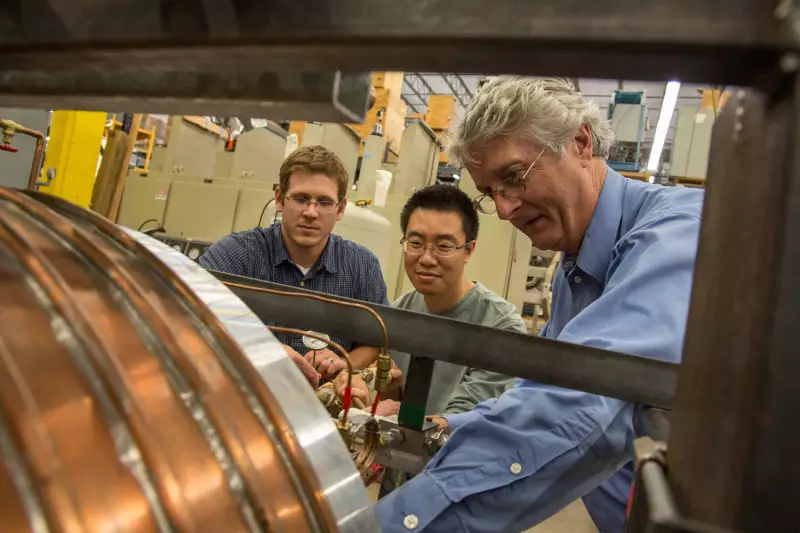About
Our faculty includes two Nobel Prize winners and three National Academy of Science members. Our alumni pursue a wide range of careers in academia and industry. Graduate degree options in our department include Physics (M.S., Ph.D.), Applied Physics (Ph.D.), and Astronomy (M.S., Ph.D.), addressing a wide range of interests and career options. The Fast-Track to Research Program provides students who already have a Master’s Degree with the opportunity to pursue advanced courses only and then focus on research for their Ph.D. thesis. Nearly 100% of our graduate students are fully supported by teaching or research assistantships throughout their graduate career. Texas A&M also offers a number of merit-based fellowships. The average and median time to graduation for our Ph.D. students is ~6 years. We welcome you to click through our pages to learn more about the opportunities for your future.
Degree Options
Ph.D. in Physics
This Ph.D. program offers research in a variety of basic fields: Astrophysics, Atomic/Molecular/Optical Physics, Computational Physics, Condensed Matter Physics, High Energy Physics, & Nuclear Physics.
Ph.D. in Astronomy

This Ph.D. program is designed to provide students with a broad training in astronomy while enabling them to get started quickly with their graduate research.
Ph.D. in Applied Physics

This Ph.D. program offers students with backgrounds in physics or engineering the opportunity to do graduate course work and research in physics relevant to technical applications and natural phenomena.
Master of Science in Physics: Thesis

This degree culminates in the completion of a written thesis and extensive, hands-on training to prepare students for careers in the high-tech industry, science education or advanced studies.
Master of Science in Physics: Non-thesis

This program offers an extensive, hands-on training to prepare students for careers in the local high-tech industry, science education or advanced studies.
Master of Science in Astronomy: Non-thesis

This program provides students with a comprehensive graduate-level education in the major areas of the field. Students work under the supervision of world-leading faculty at the Mitchell Institute.
Physics Degree in Action
Our graduates are highly sought-after by the semiconductor, medical, and other industries as well as high-level research Universities inside and outside of the country. Graduate students in Physics and Astronomy participate in cutting edge research and learn valuable technical skills that make them attractive for companies, universities and national laboratories. About half of our graduates go on to jobs in academia, the other half goes to industry.
Some of the companies and universities that hired our students in the last 5 years:
 |
|
 |
 |
 |
 |
 |
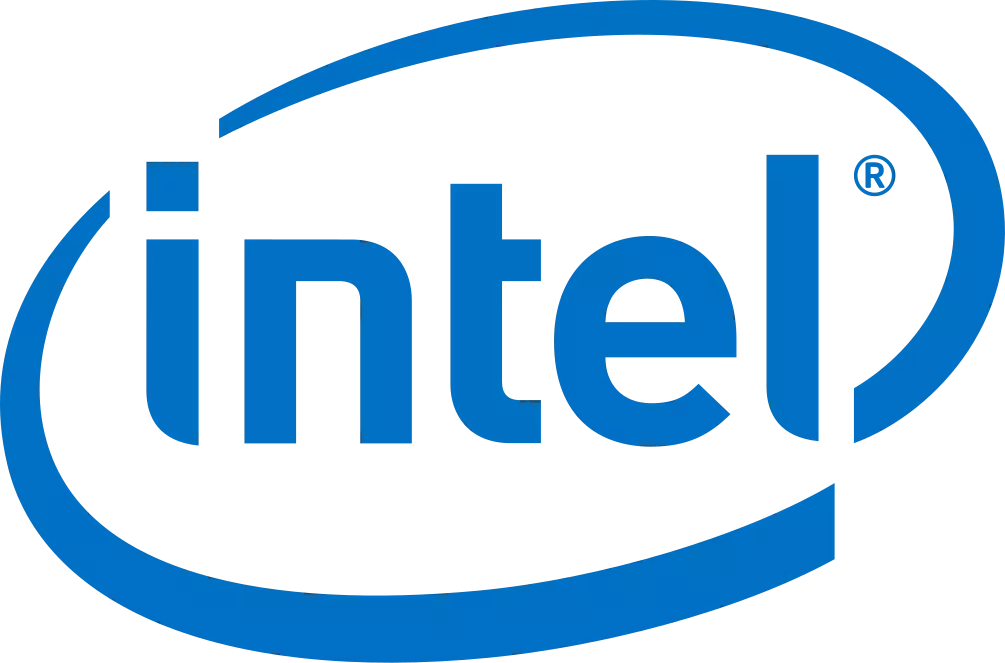 |
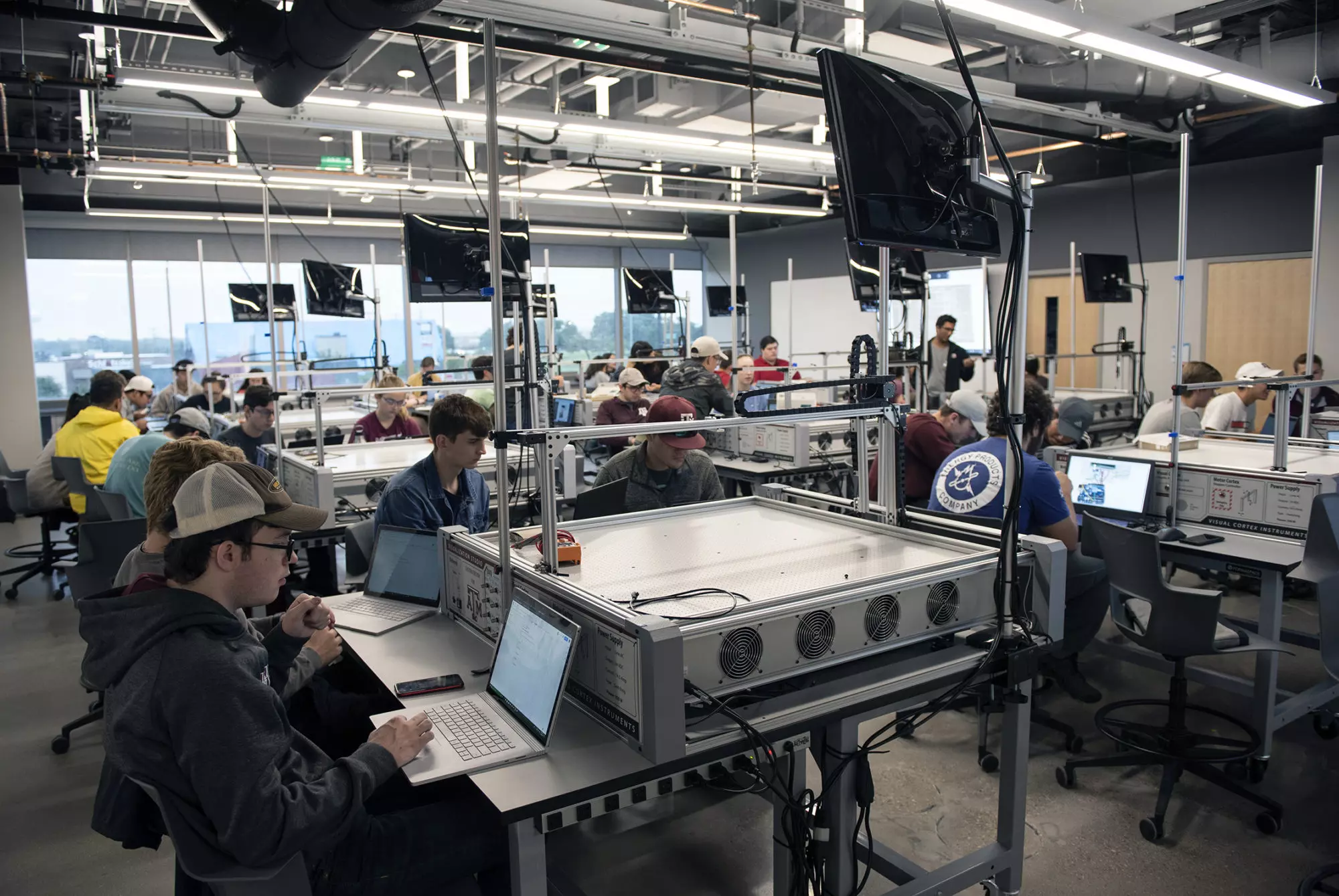
Research Areas
We offer a plethora of advanced opportunities in research, including at our world-renowned Mitchell Institute For Fundamental Physics and Astronomy, Cyclotron Institute, and Institute For Quantum Science and Engineering.

